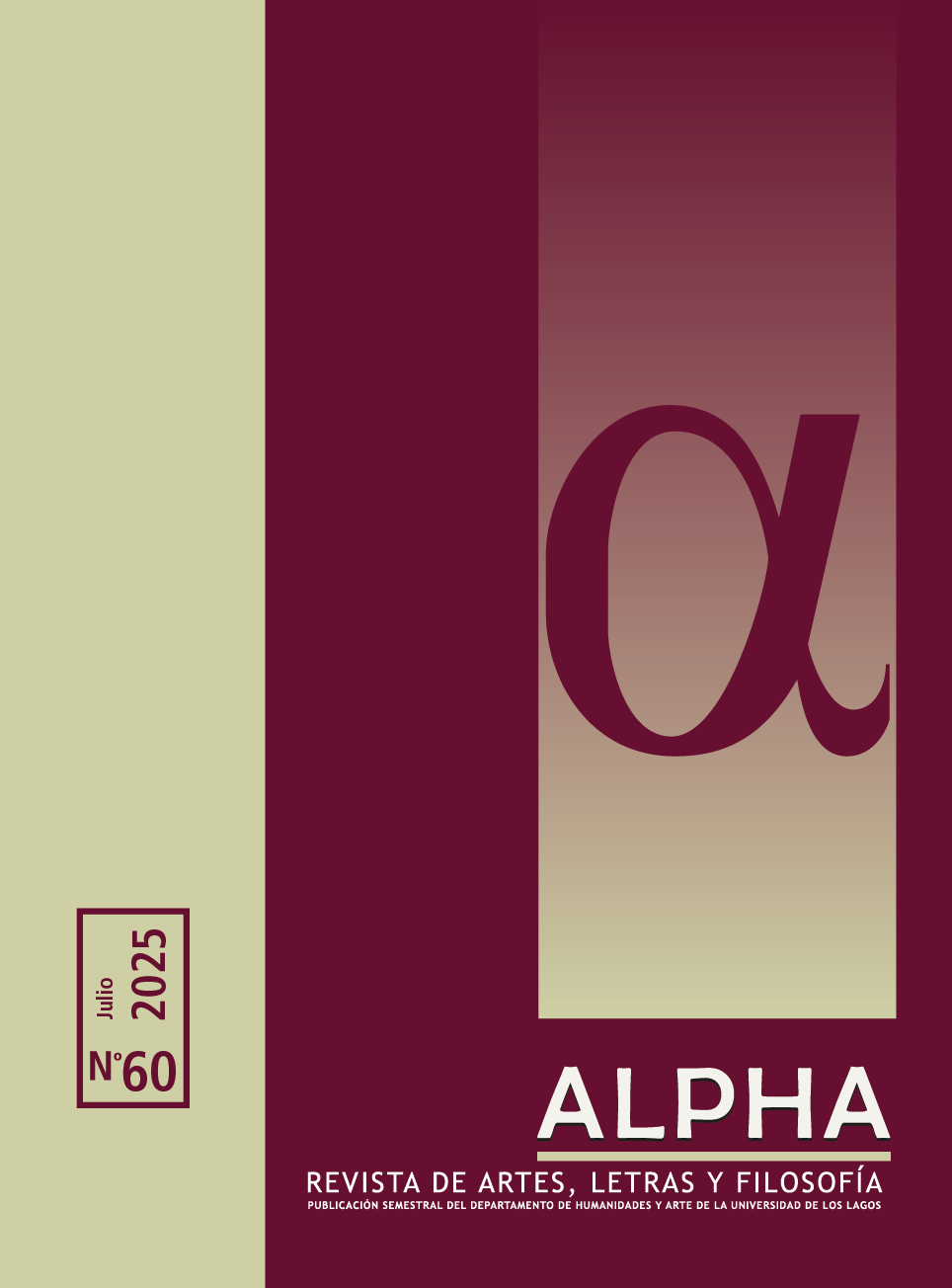El dualismo escotista entre naturaleza y libertad y sus consecuencias en la filosofía y la cultura moderna
Contenido principal del artículo
Resumen
Este trabajo analiza un aspecto del pensamiento de Duns Escoto, que nos parece relevante en la conformación de la filosofía y la cultura moderna, a saber: su concepción dualista de la libertad y la naturaleza, entendidoa como contra-distintas o contrapuestas. Esta contraposición metafísica y antropológica escotista fue recepcionada y continuada en los siglos XIV, XV y XVI hasta influir en la filosofía y la cultura moderna (es muy clara esta dicotomía en Descartes y en Kant, por ejemplo). Ensayamos aquí un análisis crítico de esta concepción de la libertad y –para no quedarnos en la crítica– proponemos cómo sería concebir la relación entre libertad y naturaleza de forma no voluntarista, es decir, en términos de una complementariedad más equilibrada.

